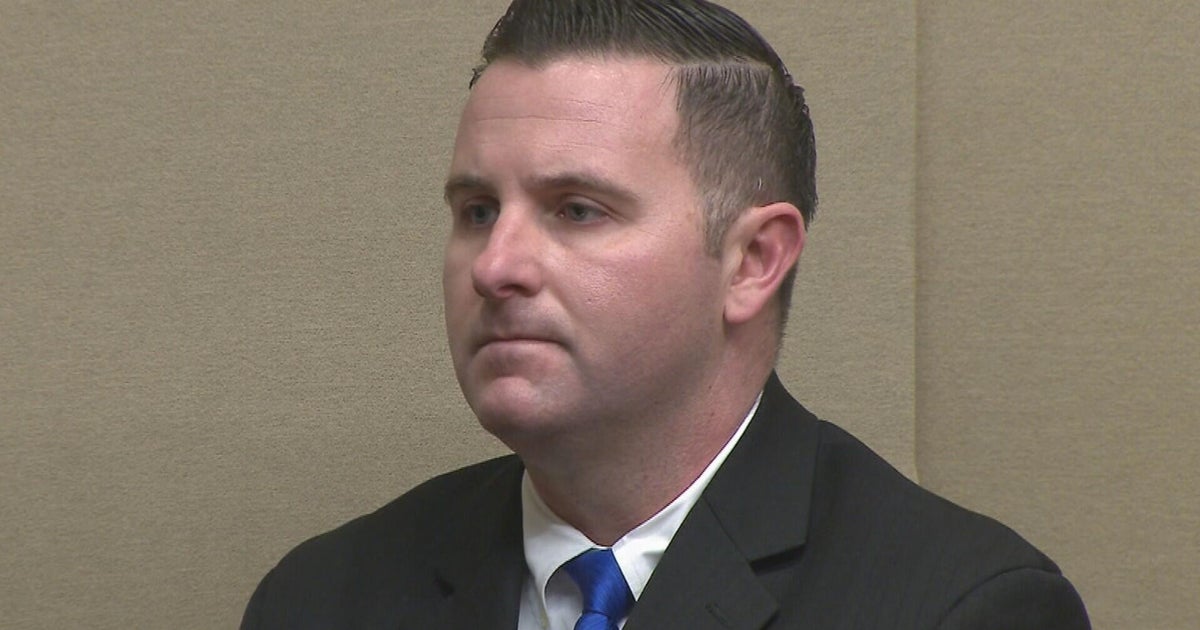New Rotavirus Vaccines Seem Safer, Studies Find
BOSTON (AP) -- Newer vaccines against rotavirus, a severe diarrheal disease in children, slightly raise the risk of a rare bowel problem that doomed an earlier vaccine, new studies show. But researchers say the modern vaccines are much safer and well worth this very small risk.
Rotavirus kills more than 400,000 young children a year, mostly in poor countries. In the United States, good medical care usually keeps it from being fatal, but it used to cause as many as 1 in 10 hospitalizations of young kids.
The first rotavirus vaccine came out in 1998 but was withdrawn a year later after it was linked to intussusception, a rare and serious twisted bowel condition. Doctors hoped that two newer versions — Merck's RotaTeq and GlaxoSmithKline's Rotarix, which came out in 2006 and 2008 — would avoid that problem.
Research in other countries suggests that some risk persists, though. Two large studies out Tuesday are the first to look at this in the U.S. The studies, sponsored by the federal government, are being presented at a health conference and were published online by the New England Journal of Medicine.
One, led by Harvard University researchers, looked at nearly 1.4 million doses of either of the new vaccines given to babies in three large health plans. Researchers estimate there would be one to two extra cases of the bowel problem beyond what occurs naturally for every 100,000 recipients of the first dose. (Two or three doses are given, depending on which vaccine is used, starting around 2 months of age).
The other study, led by the federal Centers for Disease Control and Prevention, involved children in six managed care plans given more than 1.5 million doses of either vaccine. Researchers estimate there would be about five extra cases for every 100,000 kids vaccinated.
Both estimates are half or less of the number seen with the older vaccine.
"The rarity is striking," Dr. Roger Glass of the Fogarty International Center at the National Institutes of Health said of the bowel problem under the new vaccines. "The benefits are tremendous compared to the risks."
He wrote a commentary accompanying the studies' publication.
Dr. Frank DeStefano, head of the CDC's Immunization Safety Office, and a leader of that agency's study, said it's not known how the vaccines might raise the risk of the bowel problem, but agreed the new vaccines are well worth using.
Twisted bowel can occur naturally, and the peak age is 6 to 10 months, he said.
"Parents need to be alert about signs and symptoms," which can include severe crying because of abdominal pain, vomiting, blood in the stool or listlessness, he said.
___
Online:
Rotavirus: http://1.usa.gov/1aBETdW
___
Marilynn Marchione can be followed at http://twitter.com/MMarchioneAP
Copyright 2014 The Associated Press. All rights reserved. This material may not be published, broadcast, rewritten or redistributed.







